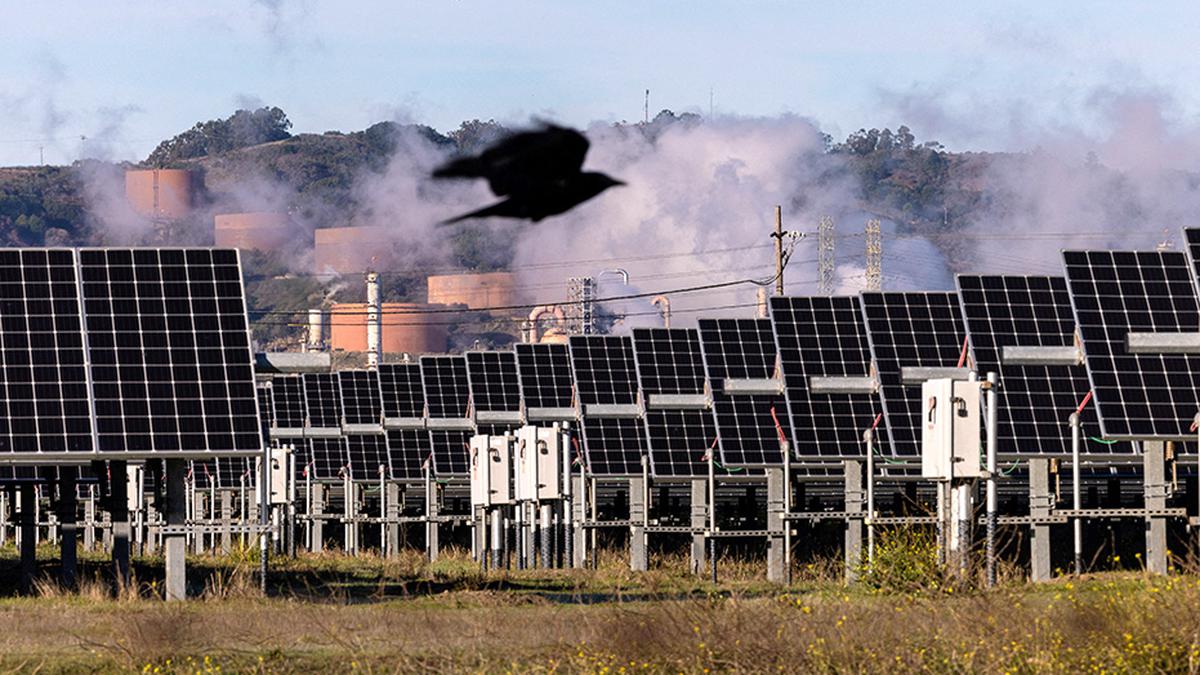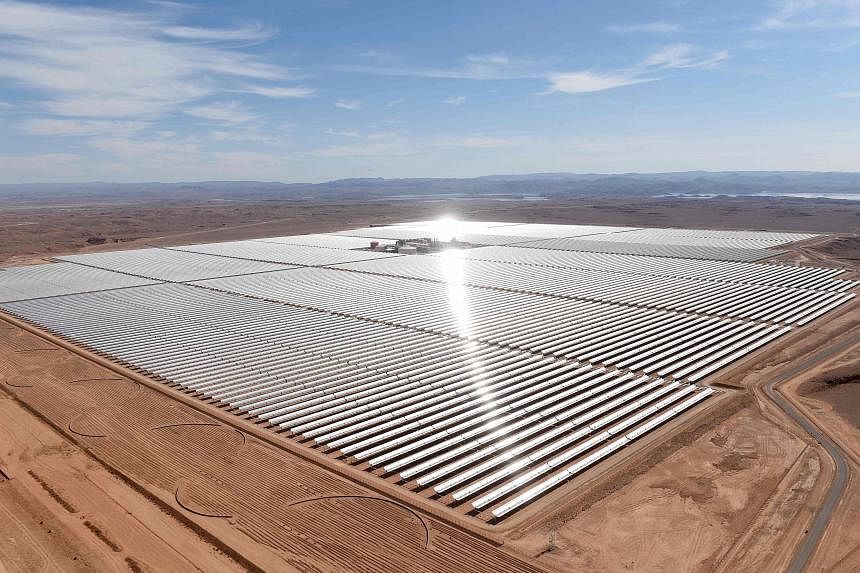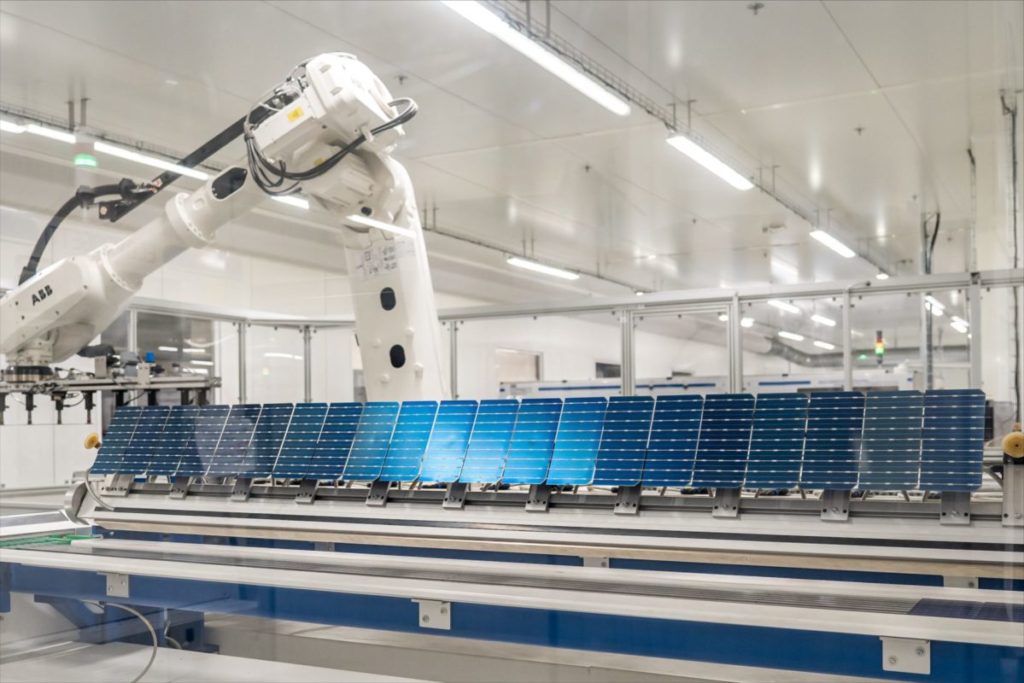Efforts to establish a robust domestic supply chain for solar energy components in the United States face significant hurdles, necessitating immediate government intervention. A recent report highlights the urgent need for enhanced support to enable U.S. factories to compete globally.
Stalled Progress and Urgent Action
Published by Guidehouse Insights and commissioned by the Solar Energy Manufacturers for America Coalition, the report underscores the challenges hindering the development of U.S. solar factories. Existing federal subsidies and trade policies are deemed insufficient in light of global oversupply, particularly from Asian markets.
Call for Renewed Commitment
Despite the promise of President Joe Biden’s climate change legislation, concerns persist within the U.S. solar industry regarding the viability of newly announced factories. The plummeting global panel prices, driven by increased Asian production capacity, pose economic uncertainties for domestic manufacturers.
“The biggest thing that we’re looking for is a sense of urgency and a renewed commitment to achieving this goal,” emphasizes SEMA Coalition Executive Director Mike Carr. He stresses the necessity for sustained government pressure and adaptability to evolving market dynamics.
Coordinated Federal Support
The report advocates for more coordinated federal support to bolster domestic solar factories. Recommendations include implementing stricter standards for project developers to qualify for tax incentives and ramping up enforcement of duties on panels imported from Southeast Asia.
Path Forward: Enhanced Policies and Enforcement
While the Inflation Reduction Act has injected substantial clean energy subsidies, additional measures are deemed essential to ensure the competitiveness of U.S. solar manufacturing. With coordinated efforts and reinforced policies, the U.S. solar industry aims to reclaim its position as a global leader in renewable energy production.
As the solar energy market evolves, proactive government support becomes increasingly pivotal in fostering domestic manufacturing capabilities and mitigating reliance on overseas suppliers. Through strategic interventions, the United States can fortify its position in the renewable energy landscape and drive sustainable growth.
Source:thehindu.com





